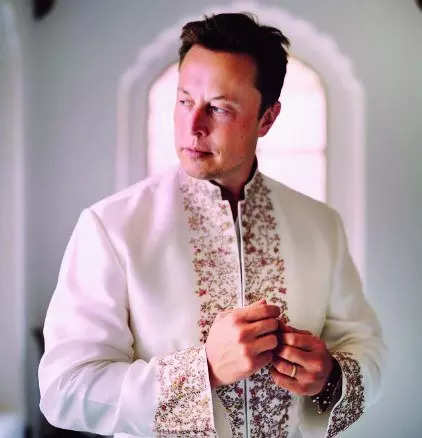Which is where India comes in. The country wants to fast-track its transition to electric mobility and telecom coverage. It also wants to build a commercial space programme. And it wants investments in high-end manufacturing. Musk offers India a high visibility option to influence decisions of global manufacturing companies working on their China Plus One strategies. New Delhi has signalled it’s ready to address Musk’s concerns over import duties for Tesla cars and ownership disclosure for Starlink’s satellite communications licence. Duties for marketing Tesla cars have been provisionally lowered against investment commitments. Starlink’s declaration that it has no shareholders from countries with which India shares land borders has been accepted.
There is also some sense of urgency for Musk to draw up his India plans. Tata and Mahindra are moving the needle on EVs. Bharti Airtel and Reliance Jio are venturing into satellite-based communications. The advantage Musk’s companies enjoy with their class-leading technologies can be neutralised by nimble local competitors, as China has demonstrated in EVs. India offers a market substantial enough to ease some of the pressure Musk’s businesses are facing. It has also offered to tweak rules within limits imposed by trade and security considerations. Musk may find it difficult to walk away from these terms of engagement when he visits India this month.










